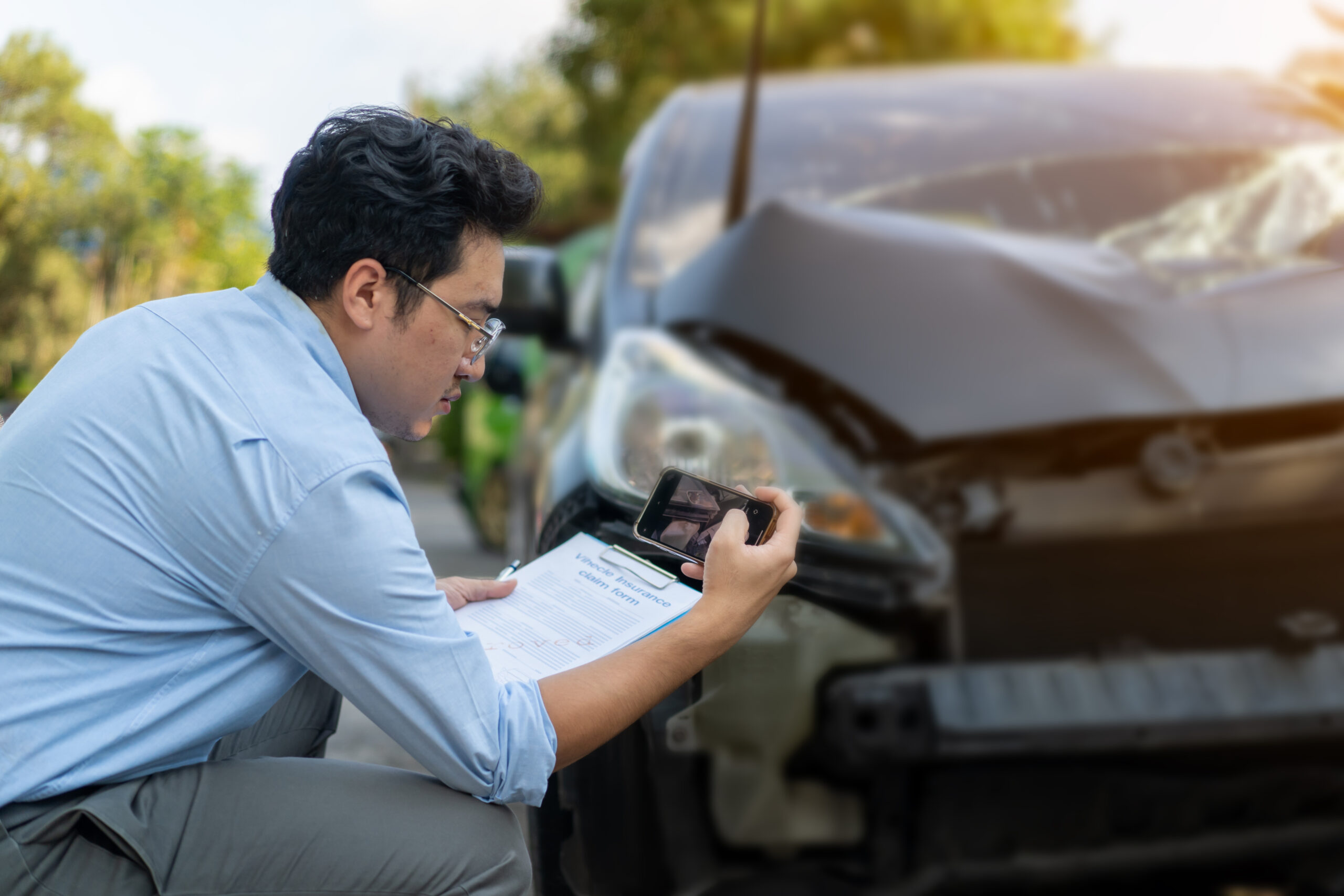Being involved in an automobile accident can be a stressful experience, but knowing what to do in the aftermath can help ensure your safety and protect your legal rights.
Here’s a step-by-step guide on what to do if you find yourself in this situation in New Jersey.
1. Ensure Safety First – Check for Injuries: Assess yourself and passengers for injuries. If anyone is injured, call 911 immediately for medical assistance.
– Move to Safety: If possible and safe to do so, move vehicles out of traffic to avoid further accidents. Turn on hazard lights to alert other drivers.
2. Call the Police – It is essential to report the accident to the police, especially if there are injuries or significant damage. The police will create an official report, which can be valuable for insurance claims and legal matters.
3. Gather Information – Exchange Details: Collect names, addresses, phone numbers, driver’s license numbers, license plate numbers, and insurance information from all parties involved in the accident.
– Witnesses: If there are any witnesses, obtain their contact information as well.
– Photographs: Take pictures of the accident scene, vehicle damage, and any visible injuries. This can serve as crucial evidence later.
4. Avoid Admitting Fault – Be cautious about discussing the accident with other parties involved. Avoid admitting fault or making statements that could be interpreted as an admission of liability, as this can complicate your case.
5. Seek Medical Attention – Even if you feel fine, it’s advisable to see a doctor after the accident. Some injuries may not be immediately apparent, and a medical evaluation can document any injuries for future claims.
6. Notify Your Insurance Company – Report the accident to your insurance provider as soon as possible. Provide them with all relevant information, including the police report number and details of the other parties involved.
7. Understand New Jersey’s No-Fault Law – New Jersey operates under a no-fault insurance system, meaning your own insurance typically covers your medical expenses and lost wages, regardless of who was at fault. You have the option to choose between a “limited” or “unlimited” right to sue for damages, which can affect your ability to seek compensation for pain and suffering.
8. Keep Records – Maintain a detailed record of all medical treatments, expenses, and communications related to the accident. This documentation can be vital for your insurance claim or any legal proceedings.
9. Consult with a Lawyer – If you sustained serious injuries or if liability is disputed, consider consulting with a personal injury attorney experienced in New Jersey auto accidents. They can help you understand your rights, navigate the claims process, and advocate for fair compensation.
10. Follow Up – Stay in contact with your insurance company and your attorney (if you have one) to ensure that your claim is progressing. Follow through with any medical treatments and attend all necessary appointments.
Experiencing an automobile accident can be overwhelming, but knowing the right steps to take can help you manage the aftermath effectively.
By ensuring your safety, gathering necessary information, and seeking legal guidance when needed, you can navigate the process with greater confidence and clarity.
Always prioritize your health and well-being, and don’t hesitate to reach out for professional support if needed.
Cooper Levenson is a full-service law firm established in 1957. Kathleen F. Beers, Esq. handles personal injury law and can be reached at kbeers@cooperlevenson.com or (609) 572-7570.
